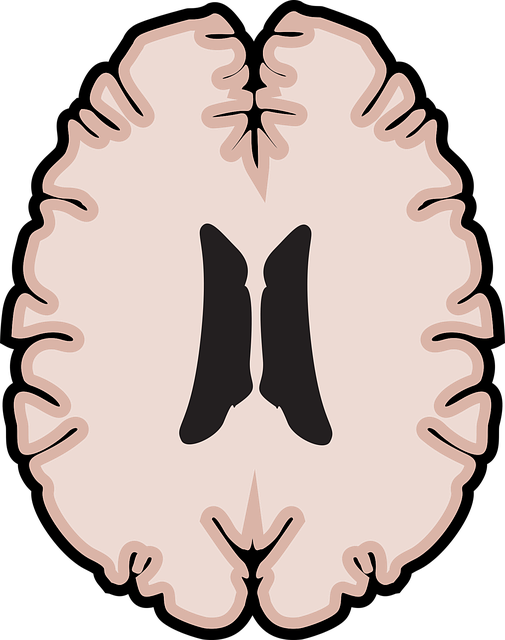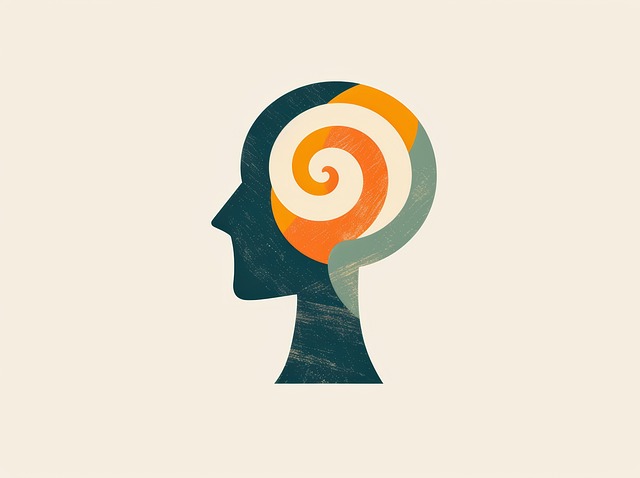Mental health professionals practicing Boulder Biofeedback Therapy face unique risks from intense emotional cases. They must balance treatment effectiveness with professional boundaries and self-care to prevent burnout. Risk management strategies, including Compassion Cultivation and Self-Esteem Improvement, are vital for resilience and optimal care. This involves patient intake forms, tailored risk mitigation plans, regular reviews, cultural sensitivity training, and Mind Over Matter philosophy. By continually monitoring clients' needs and integrating self-awareness, therapists enhance emotional regulation, providing nuanced support through techniques like Boulder Biofeedback Therapy.
Mental health professionals face unique risks, from burnout to secondary traumatic stress. Effective risk management planning is essential for maintaining well-being and optimal patient care. This article explores strategies tailored to mental health practitioners, using Boulder Biofeedback Therapy as a case study. We delve into identifying specific risks, integrating risk management into daily practice, building resilience against common threats, and the importance of continuous monitoring and adaptability.
- Understanding Mental Health Professional's Unique Risks
- Integrating Risk Management into Practice: A Step-by-Step Guide (using Boulder Biofeedback Therapy as a Case Study)
- Building Resilience: Strategies for Mitigating Common Threats
- Continuous Monitoring and Adaptability in Risk Management
Understanding Mental Health Professional's Unique Risks

Mental health professionals, despite their noble calling, face distinct risks that stem from the inherent nature of their work. Unlike traditional therapy settings, Boulder Biofeedback Therapy often involves intense emotional experiences as clients confront and process traumatic memories or challenging life situations. This can lead to potential burnout, stress, and even secondary trauma for practitioners. The pressure to deliver effective treatment, coupled with the delicate balance required in handling sensitive cases, creates a unique set of challenges.
Furthermore, maintaining professional boundaries while cultivating compassion can be arduous. Professionals must navigate complex emotions while ensuring their self-care and mental well-being, especially when adopting practices like Compassion Cultivation and Self-Esteem Improvement techniques. Balancing these demands requires robust risk management strategies to prevent burnout, enhance resilience, and ultimately, provide the best care for both professionals and clients.
Integrating Risk Management into Practice: A Step-by-Step Guide (using Boulder Biofeedback Therapy as a Case Study)

Integrating risk management into practice is a vital step for mental health professionals to ensure patient safety and enhance their clinical decision-making. Using Boulder Biofeedback Therapy as a case study, we outline a practical, step-by-step guide. First, assess risks through comprehensive patient intake forms that capture medical history, past traumas, and current stressors. This initial evaluation provides a foundation for tailoring risk management strategies.
For instance, Boulder Biofeedback Therapy might focus on cultural sensitivity in mental healthcare practice, given the diverse client base. Training in healthcare provider cultural competency equips therapists to recognize and address unconscious biases, ensuring inclusive care. Next, implement risk mitigation techniques based on assessment findings. This could involve establishing safety plans, setting clear boundaries, and teaching clients self-soothing strategies. Regularly review and update these plans, incorporating feedback from both patients and the therapist’s clinical observations.
Building Resilience: Strategies for Mitigating Common Threats

Mental health professionals face unique challenges that can significantly impact their well-being and ability to provide quality care. Building resilience is a strategic approach to mitigate common threats, fostering an environment where emotional intelligence and robust mood management become second nature. Incorporating practices like Boulder Biofeedback Therapy aligns with the core principles of Mind Over Matter—a philosophy that empowers professionals to take control of their mental health.
By integrating these techniques, professionals can enhance their coping mechanisms, navigate stressful situations more effectively, and prevent burnout. Moreover, regular engagement in biofeedback therapy, emotional intelligence training, and mood management strategies allows for a proactive approach to risk management, ensuring professionals maintain optimal mental fitness and continue providing exceptional care.
Continuous Monitoring and Adaptability in Risk Management

Mental health professionals must adopt a dynamic approach to risk management, recognizing that client needs and psychological landscapes are ever-evolving. Continuous monitoring involves staying attuned to subtle shifts in client behavior, mood, or outlook, which may indicate changing risks. This proactive strategy requires professionals to remain agile, adapting their intervention plans as new information emerges. By integrating self-awareness exercises and self-care practices, therapists can enhance their own emotional regulation, enabling them to provide more nuanced support. For instance, incorporating Boulder Biofeedback Therapy—a technique focusing on physiological self-regulation—can empower both professionals and clients, fostering a culture of adaptability in risk management. This approach ensures that interventions remain relevant and effective, catering to the unique needs of each individual.
Mental health professionals, like those employing Boulder Biofeedback Therapy, face distinct risks that require proactive management. By integrating comprehensive risk assessment and tailored strategies, practitioners can create a resilient practice environment. The step-by-step guide presented here offers a practical framework, while continuous monitoring ensures adaptability to evolving challenges. Building resilience is key to mitigating common threats, enhancing patient care, and fostering sustainable professional well-being.











